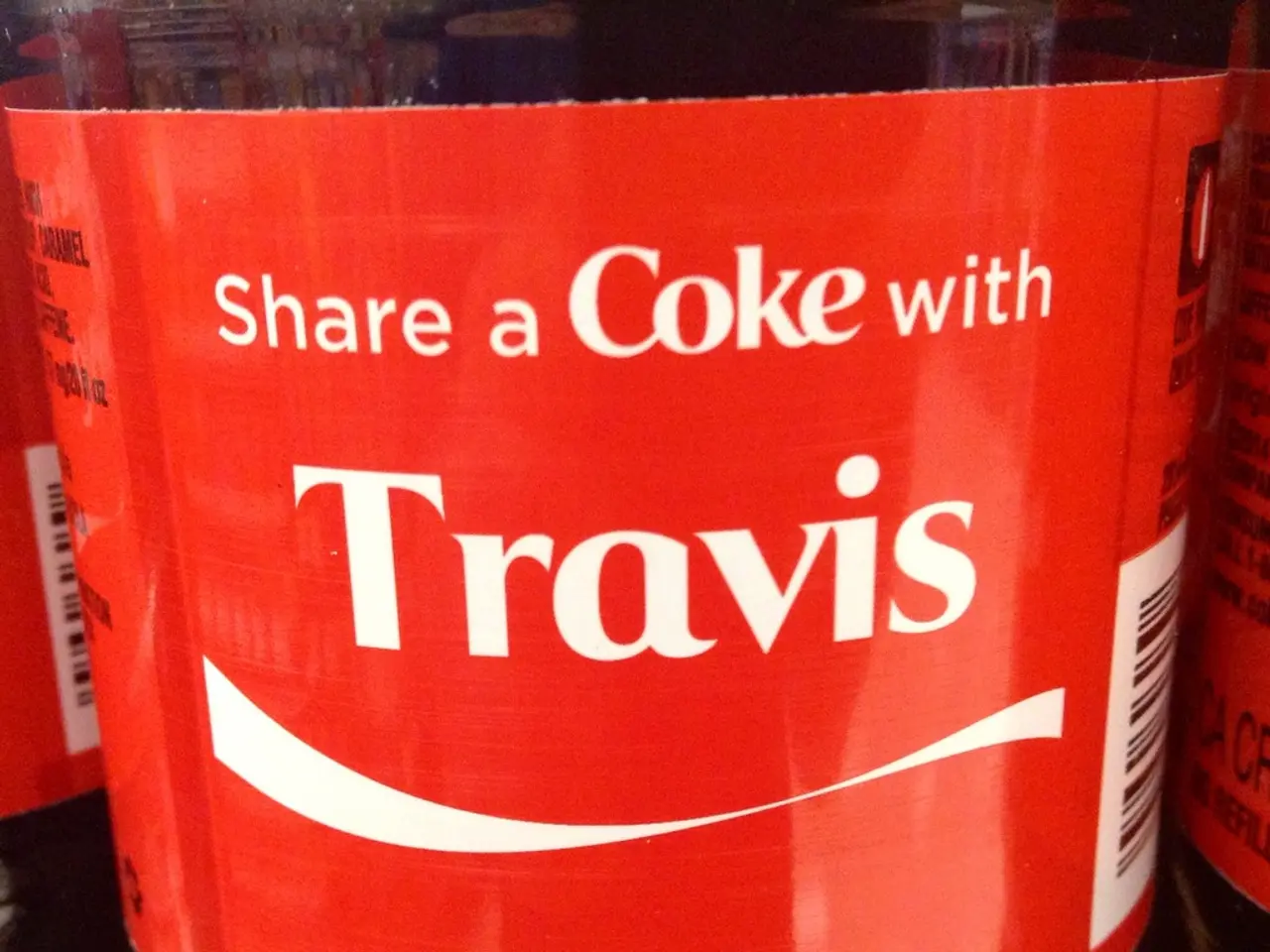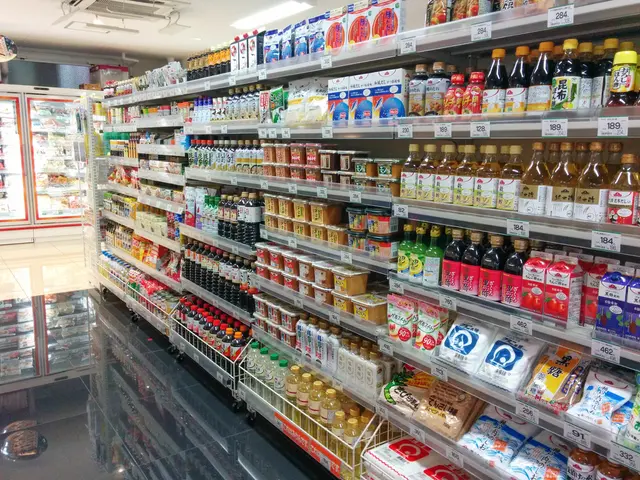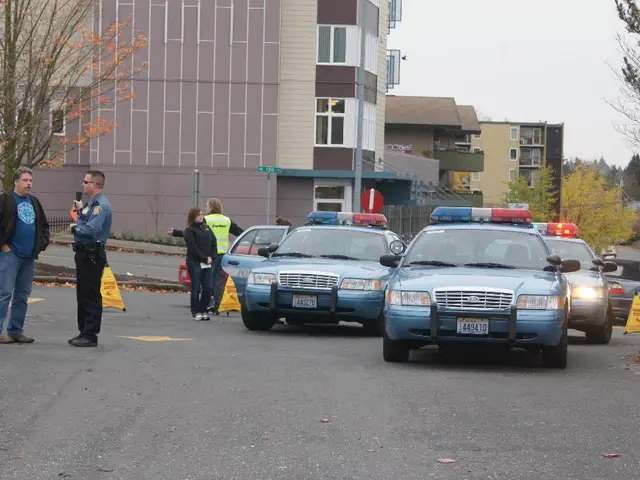United States receives 26 detainees from Mexico, among them suspected drug kingpins - United States prepares for the arrival of 26 Mexican convicts, among them alleged drug traffickers.
Mexico Transfers High-Ranking Cartel Figures to U.S. for Prosecution
In a significant move to combat drug trafficking and illegal weapons smuggling, Mexico recently handed over 26 high-ranking cartel figures, including the alleged leader of the Los Cuinis cartel, Abigael González Valencia, to the U.S. authorities. This is the second such transfer since President Donald Trump took office in January 2017.
Among the suspects are alleged leading members of drug cartels such as Jalisco Nueva Generacion and the Sinaloa Cartel, which have been designated as terrorist organizations in the U.S. The transferred individuals are now in U.S. custody, facing serious charges including narcotics smuggling and murder. The U.S. Justice Department has promised not to seek the death penalty in these cases.
The alleged leader of the Los Cuinis cartel, Abigael González Valencia, was arrested in 2015 and had been fighting extradition until this transfer occurred. He is now preparing for prosecution in the U.S.
However, there is no confirmed update regarding the status of Abdul Karim Conteh, an alleged smuggler accused of helping thousands of migrants enter the U.S. illegally. It is possible he is not part of this latest group transferred or his status has not been publicly disclosed as of the available information.
The U.S. Attorney General, Pam Bondi, called the handover "the latest example of the historic efforts" of President Donald Trump's government "to dismantle cartels and foreign terrorist organizations". The U.S. Department of Justice is involved in the matter of the handed over prisoners.
Mexico's decision to cooperate with the U.S. comes amidst growing concerns over the violence caused by powerful drug cartels in the country. The Mexican President, Claudia Sheinbaum, has rejected US military support in the fight against drug trafficking. President Trump has accused the Mexican government of not doing enough to combat illegal migration and drug smuggling into the U.S. and has threatened military action against the drug cartels in Mexico.
Despite these tensions, both the U.S. and Mexico are currently negotiating a security agreement to combat illegal drug and weapons trafficking. The U.S. is the destination for many illegal drugs such as cocaine, heroin, methamphetamine, and fentanyl smuggled from Mexico. Mexico has assured that the death penalty will not be imposed on the transferred prisoners in the U.S.
[1] News Source 1 [2] News Source 2 [3] News Source 3
- The transport of high-ranking cartel figures from Mexico to the U.S. for prosecution is a significant step in the ongoing politics of battling drug trafficking and illegal weapons smuggling, a subject of continuous general-news discussions.
- The U.S. Justice Department's promise of not seeking the death penalty in cases involving the extradited cartel members aligns with the employment policy of not imposing the death penalty on the handed-over prisoners as agreed upon by Mexico, a policy that is crucial in enhancing the international cooperation needed to combat crime-and-justice issues such as drug trafficking.






